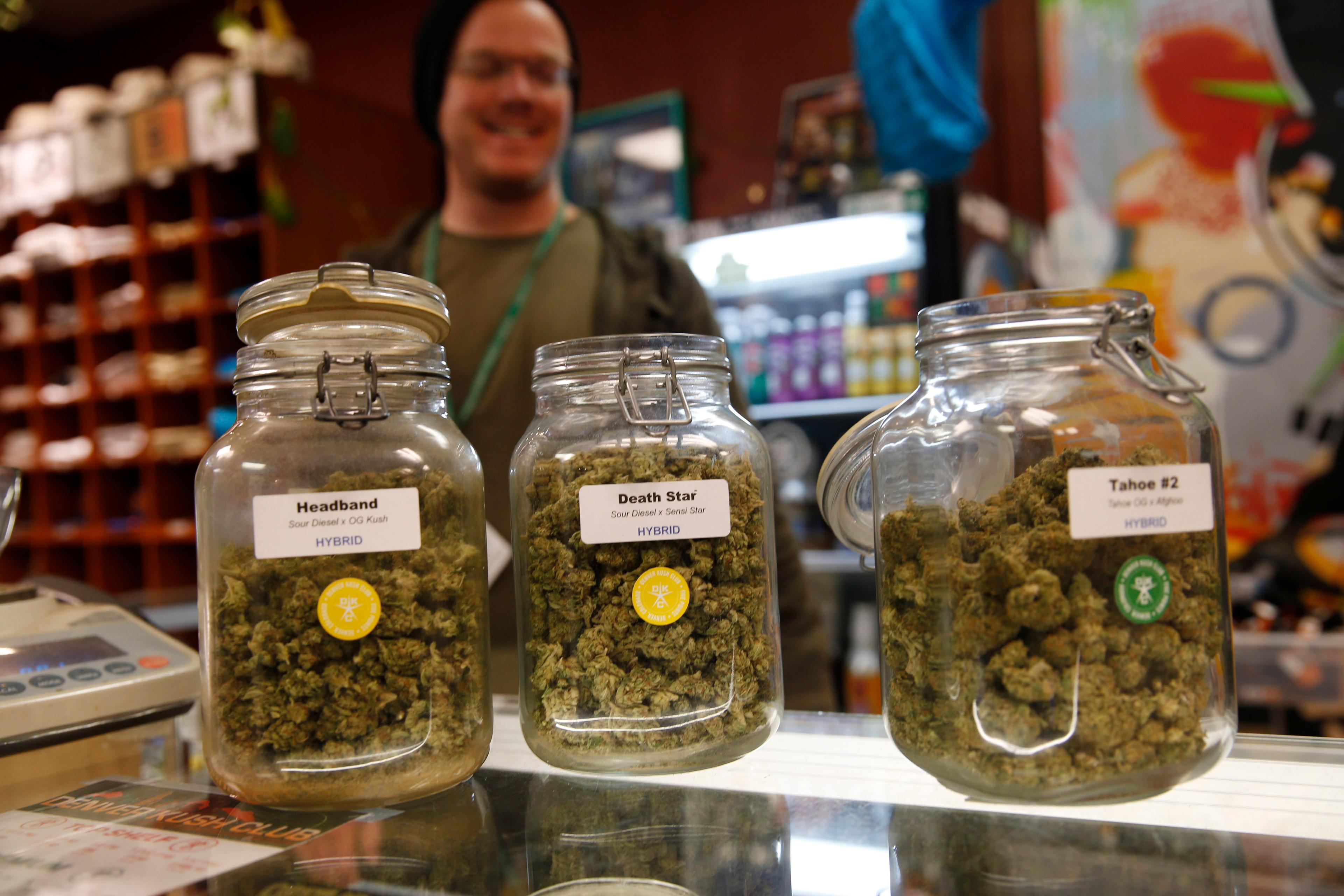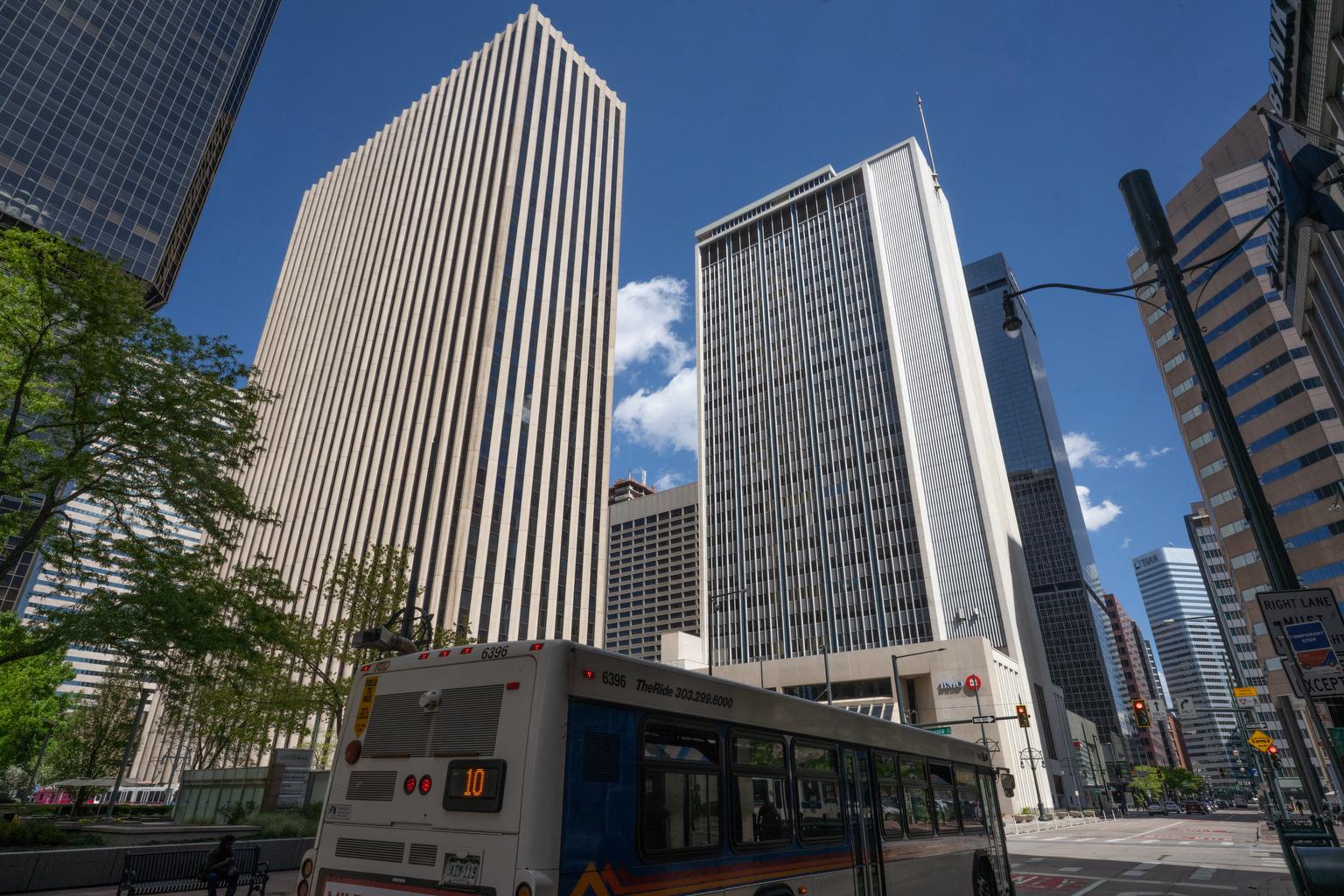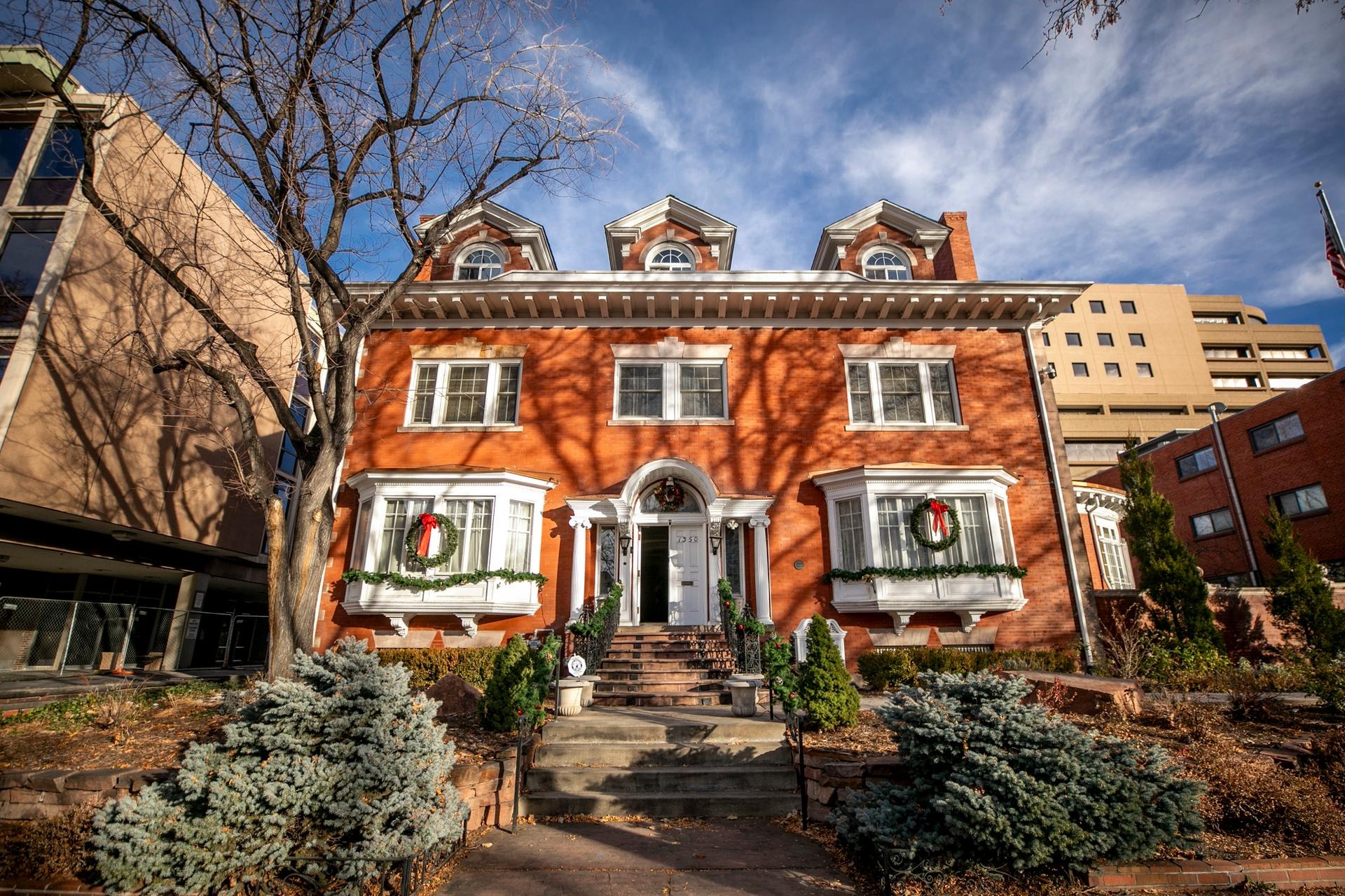

Marijuana has been legal for five years now in Colorado and there’s an effort afoot to help people clear past related criminal records. Of the 14,000 people eligible to expunge old marijuana convictions, only a few dozen so far have stepped up to apply in Boulder and Denver.
Boulder officially launched the program a week ago to wipe the record clean of about 4,000 people who were convicted of minor marijuana charges in decades past — including using less than one ounce or owning less than six plants. In Denver, online applications are currently accepted and the city plans in-person clinics in February.
In Boulder, 13 people have applied and four were eligible for an expungement. In Denver, 48 people have applied so far.
Boulder County District Attorney Michael Dougherty said despite the small, early, numbers, the new efforts mark a unique step to help people get a fresh start.
“I cannot think of another charge in my career where we were actively prosecuting it and then years later it was legalized,” he said. “It really is one of a kind in terms of marijuana and marijuana legalization. So I think it's only right that we as a state out of fundamental fairness for these individuals go back and provide them with collateral relief from those consequences.”
Those consequences, according to advocates and lawyers, include having old convictions mar job and apartment applications and loans.
Scott, whose last name CPR News agreed not to use because his past felony drug charge may hurt future job prospects, said it’s affected his life since the 1980s. Scott showed up at Boulder’s clinic Tuesday, but was told they couldn’t help him. He said he was going to reach out to a private attorney.
“There's issue with employment, housing,” he said. “It opens me up to a lot of abuse.”
There are also an effort at the legislature to seal old drug convictions in certain cases.
But, at least at the moment, the burden is on the convicted. The parameters of qualifying prior convictions are fairly specific, including possessing 1 ounce or less of marijuana or owning less than six plants.
Jeff Gard, a Boulder defense attorney, is volunteering pro bono to help people out who may not automatically qualify. He said there are other routes to seal old convictions. On Tuesday, he took on a case of a man who had a conviction from the 1990s.
“It’s really a great program,” he said. “A lot of these people can get help if they just know how.”
Boulder assistant district attorney Ken Kupfner said the clinics were simply an opportunity to get people who were really agitating to get a conviction expunged “at the front of the line.” He said, depending on what the legislature may do — or the public defenders, who may notify people themselves — Boulder may get more aggressive in outreach. But he said a broader Colorado effort would be better.
“If the legislature were to do it at a statewide level, making it uniform across the state, doing it through some kind of mechanism that didn’t involve us having to review each and every case, I think it would be incredibly helpful,” Kupfner said. “It would help move forward a program to get rid of these convictions for conduct that is now constitutionally protected.”








